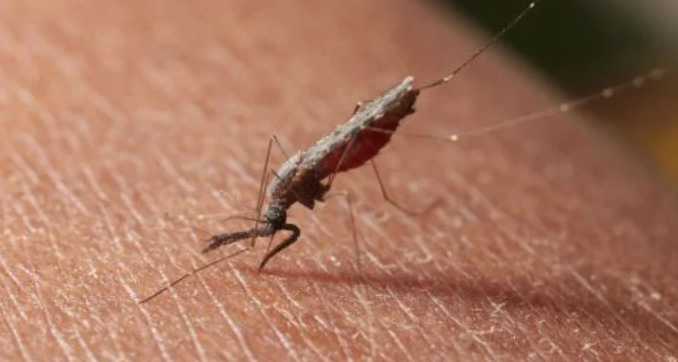- The National Malaria Elimination Program has prohibited monotherapy for malaria treatment, emphasizing the need for combination therapies to ensure effective cures
- NMEP reported that Nigeria accounts for 27% of global malaria cases, highlighting the urgency of improving treatment and prevention strategies
The National Malaria Elimination Program (NMEP) of the Federal Ministry of Health has reiterated the prohibition of monotherapy for malaria treatment in Nigeria. This was stated by Wudi Natasha Tanko, a program officer at NMEP, during a media session in Abuja.
Monotherapy refers to treating malaria with a single antimalarial medicine, such as artesunate, artemether injection, chloroquine, or sulfadoxine/pyrimethamine (SP).
Tanko explained that these treatments are not recommended for uncomplicated malaria and do not provide a complete cure.
She emphasized that chloroquine and SP have low efficacy rates of 39% and 56%, respectively, while artesunate and artemether have a short half-life and cannot sustain in the body long enough to eliminate all parasites.
“Using monotherapies for uncomplicated malaria is an abuse,” she said, warning that such practices could lead to incomplete cures, increased disease severity, and drug resistance.
Tanko stressed that Artemisinin-based combination therapies (ACTs) are the recommended treatment for uncomplicated malaria. ACTs combine an artemisinin derivative with another antimalarial medicine to effectively treat the disease.
Additionally, she noted that diagnosing malaria should not rely solely on clinical symptoms but must be confirmed through testing. “Case management intervention through prompt diagnosis and treatment with recommended antimalarials is pivotal for reducing the malaria burden,” she added.
Nigeria currently accounts for 27% of global malaria cases and 31% of deaths. However, there has been progress in reducing the malaria burden, as reflected in the National Malaria Indicator Survey, which shows a reduction from 42% in 2010 to 22% in 2021.
